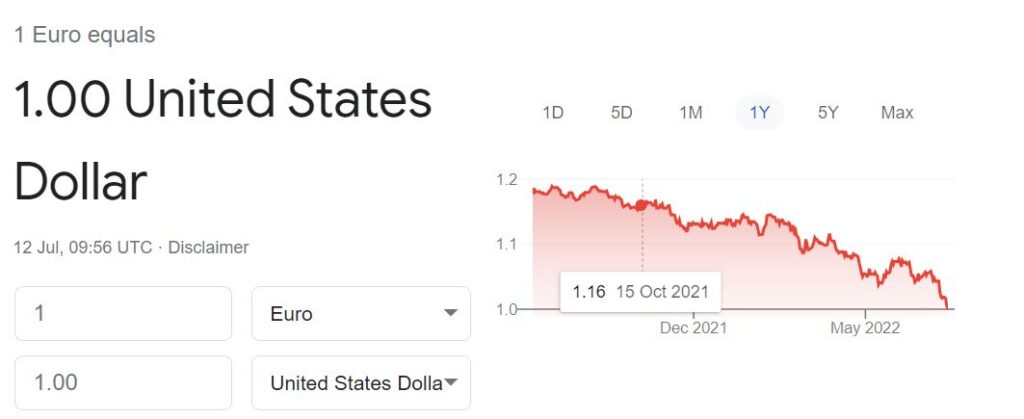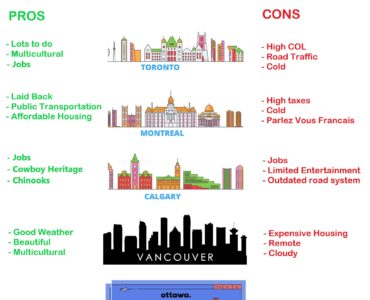Among all of the recent bad economic data in the US like rising gas/food prices, inflation and the bear stock market – there is one bright spot. The US dollar has achieved parity with the Euro. You don’t have to be an economist to realize that goods and services which are sourced from some European countries have become cheaper. And the prices for European translation services have also become cheaper for companies in the United States that export goods and services to Europe.

When the Euro was officially made public in 2002, it traded at parity (1 Euro for 1 USD). But that changed quickly and for many years, the Euro was trading at levels of $1.20 or even more. That made the price of European translation services more expensive and by not an insignificant amount. As a result, US companies spent less on translation services or looked to buy services from countries outside of the EU.
The need for in-country translation
When the Euro was trading at high levels, why didn’t companies order translation services from outside the EU block? The reason is simple and obvious: in-country localization provides the best quality. Why? Because languages evolve and if, for example, you are targeting the French market then the local linguists in France are using the most up to date language. And if you are targeting the German market, there are many more German translators in Germany than there are in the UK or in the USA.
Translation services are mandatory for some exporters
There are certain materials where translation is optional. For example: website and blog content, marketing brochures and product catalogs. A US company can do business in Europe without having French or German brochures. But there are certain materials which have to be translated. This includes translation of informed consent forms for clinical trials, medical device manuals, SDS, EU patents and new drug applications. Now that the cost of European translation services has become cheaper, more budgets can be directed to the materials where translation is optional.
Which languages are affected by the devaluation of the Euro?
With the drop in the value of the Euro, it is now cheaper to buy translation services in France, Spain, Germany, Italy, Austria, The Netherlands, Belgium and Portugal. These represent the lion’s share of European languages.
What if my localization vendor is in the US?
If you are ordering translation services from a US-based LSP, you are paying in US dollars. But if you are ordering European translation services from a US LSP, bear in mind that their profit margins went up as a result of the weak Euro. Which means you can request a discount for French or German English translation services, for example.
The flip side of the coin
If the weaker Euro means cheaper European translation services and more work for European translators, then the flip side is that it has become more expensive for European companies to buy translation services from LSPs in the USA. This may not affect the very large LSPs like Transperfect and Lionbridge, because these companies have offices all over the world.



